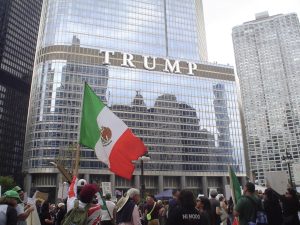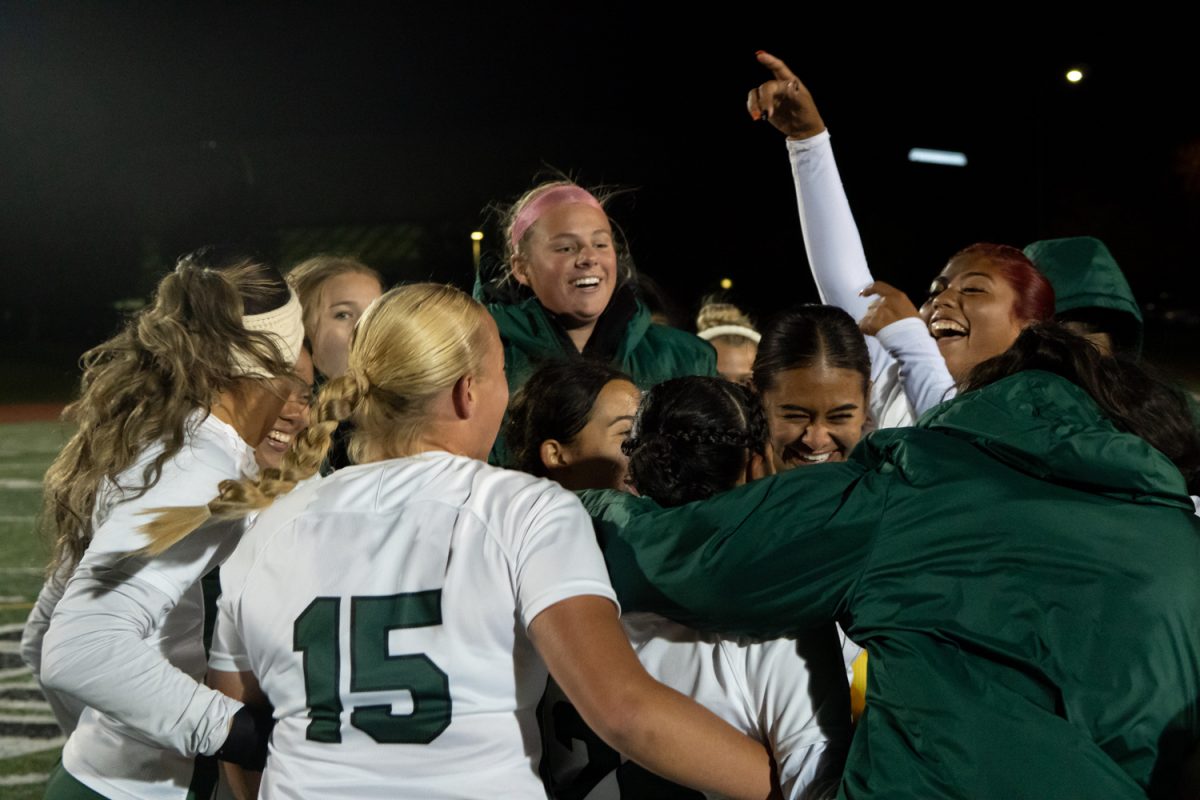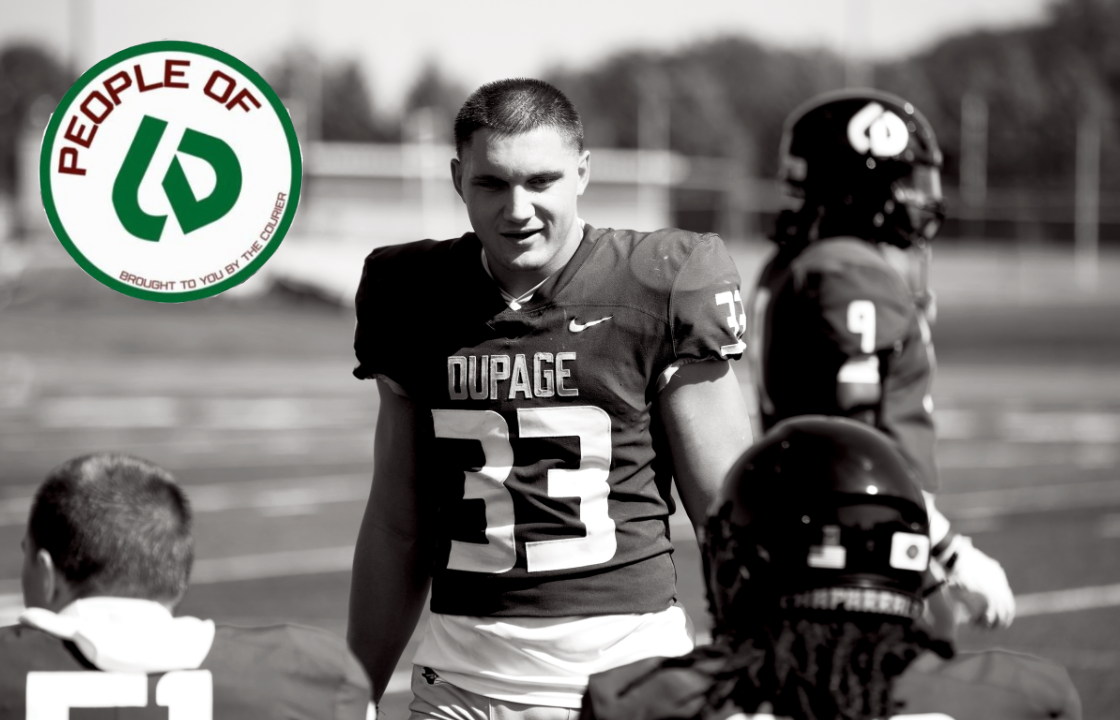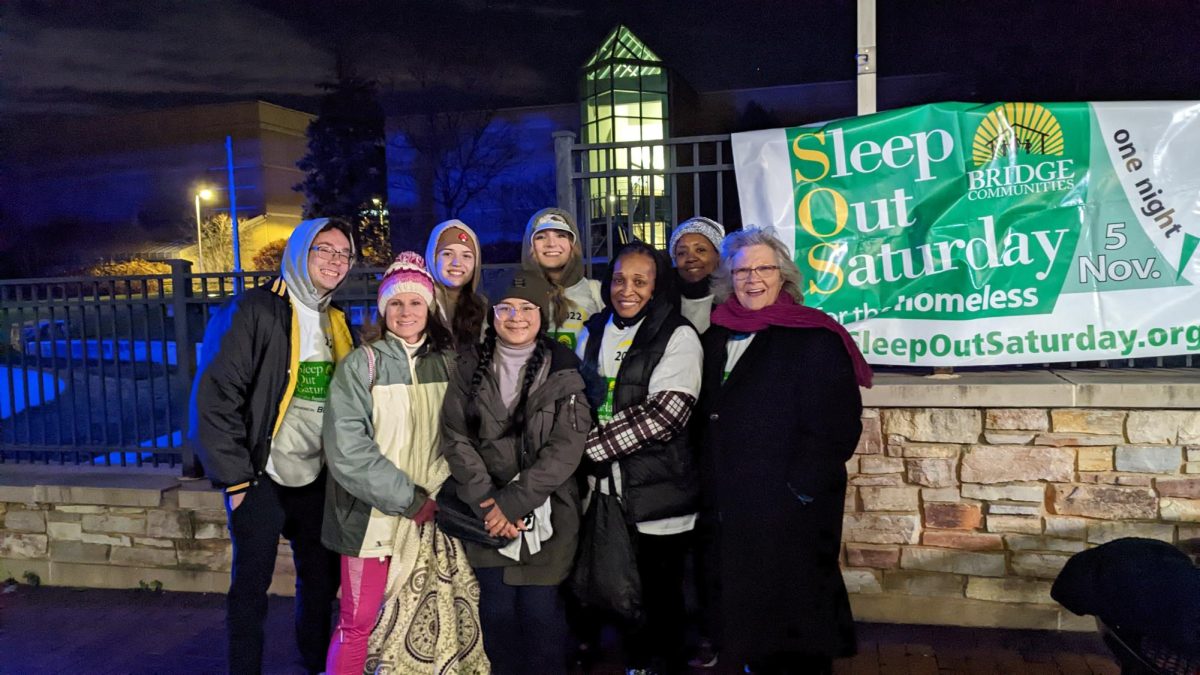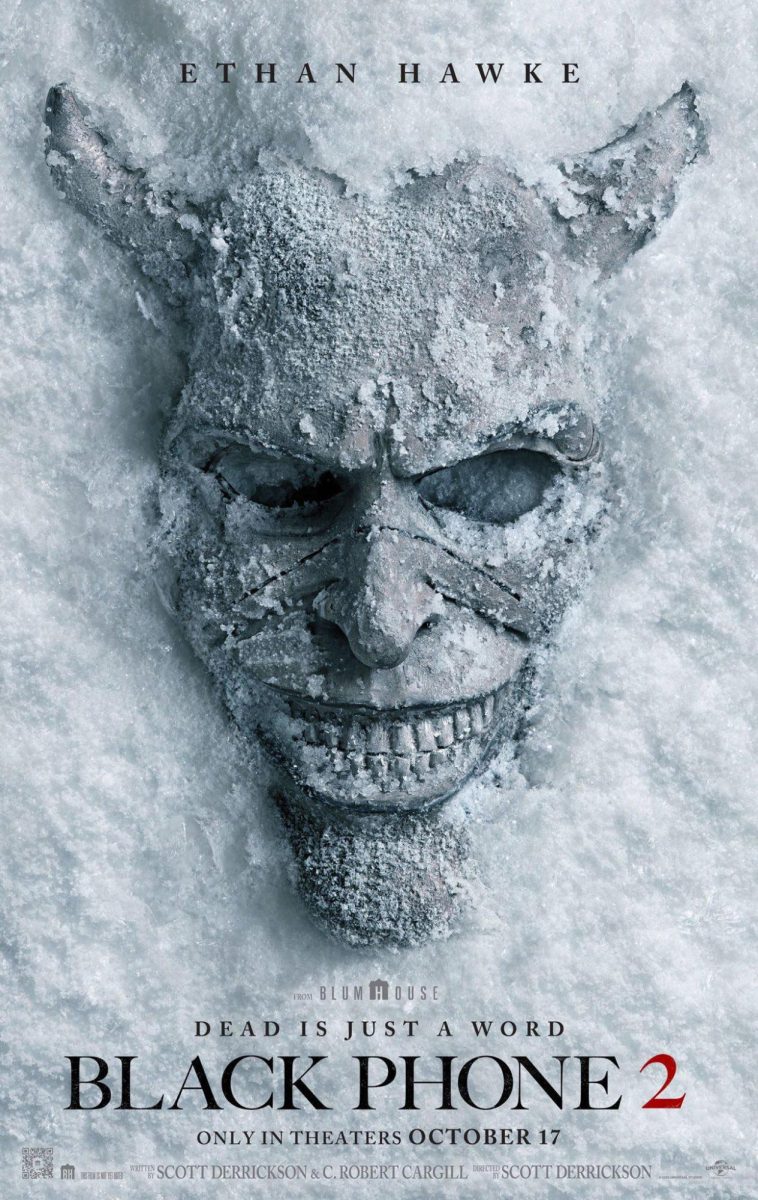The Importance and Influence of Black Hair Identity
On Nov. 18, the Black Student Alliance Club and Professor Shannon Johnson came together to discuss the history of black hair identity.
November 22, 2021
Black hair has played an important role in Black and African-American identity and has been through varying changes throughout history. Professor Shannon Johnson who is a fashion studies professor at College of Dupage documented the impact African hair has had on Black and African-American communities and people around the world.
Professor Shannon Johnson talked about Afro hair, how it started to impact black youth and media at the time. In the 1960s, expressional pride and a strive towards revolution contributed to an overall popularity in protest hairstyles. The greatest example of this hairstyle was the Afro. Not only was the Afro seen as a political statement, it was also popular in the media.
“The Afro gained popularity when performance artists, activists and the population of black youth started to wear it,” Johnson said. “People started to look up to stars like actress and singer Diana Ross, blaxploitation actress Pam Grier and singing groups like the Jackson 5.”
Since then, African-American hair has become important to Black communities. And Black hair plays an important role in African-American identity. Straight hair among African-American communities meant more work and social opportunities within the Black community and outside communities. But following euro-centric standards of beauty has lowered the sense of identity for African-Americans who have tried to conform, Johnson said. African-Americans who choose to wear their natural hair are re-learning and accepting the way their hair grows, as it is a big part of their heritage.
The history of Afro hair and Afro-centric hair goes back to Africa. Africa is a continent that is filled with varying styles related to the culture groups occupying different countries of the continent. Around the 2010s is where the revival of natural hairstyles began. Hairstyles that originally came from Africa include, but are not limited, to dreadlocks, Afros, curly Afros, box braids, twist bantu knots and cornrows.The natural hair movement has created much debate in African-American communities and the connection between hair and identity has gained more attention.
Another ambassador of this movement was Angela Davis, a college professor at UCLA, activist and associate of the Black Panther Party. Davis pioneered the Afro as a political statement and presented a positive representation of Black hair and textures. It was her way to celebrate Afro-centricism and embrace African heritage by rejecting eurocentric ideals. As African-Americans protested racial segregation and oppression, Afro hairstyles began to reach new forms of popularity.
But, some of these styles began to conflict in professional and school environments. Brittany Noble Jones started working in 2015 at news station WJ-TV 12. She was fired in 2019 after wearing an Afro for almost four years because the agency thought her hair was unprofessional. This case of discrimination was one of many cases where African-American people and children have faced intolerance from work or educational institutions for their hairstyles, Johnson said. In 2019, the Crown Act was put into place to prevent prejudice against African-American hairstyles. The Crown Act was the first legislation that was passed at the state level. California became the first state to ban discrimination against students and workers for their hair in larger institutions.
After colonization and racial segregation, it is important to educate black youth on the importance of their hair and teach them to appreciate the way their hair naturally grows, Johnson said. Teaching children at a young age about their hair will increase their confidence as they grow older and show less negativity towards those who share the same hair types.
“Be proud of who you are,” Johnson said. “No matter which ethnic background or race you identify with. Believe that what you were born with was created with beauty. Recognize that there is no right or wrong with how you want to wear your hair and be pleased with how you express yourself to the world.”






